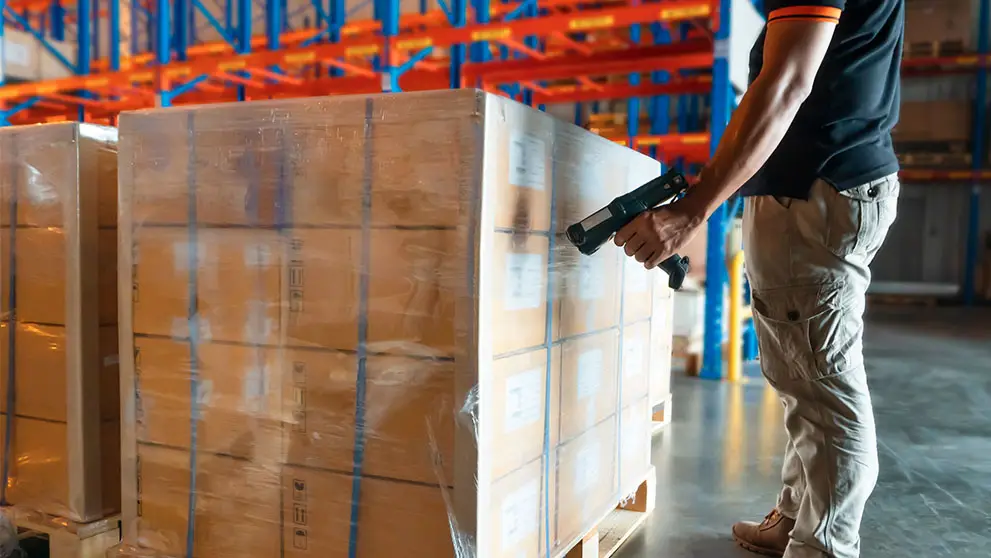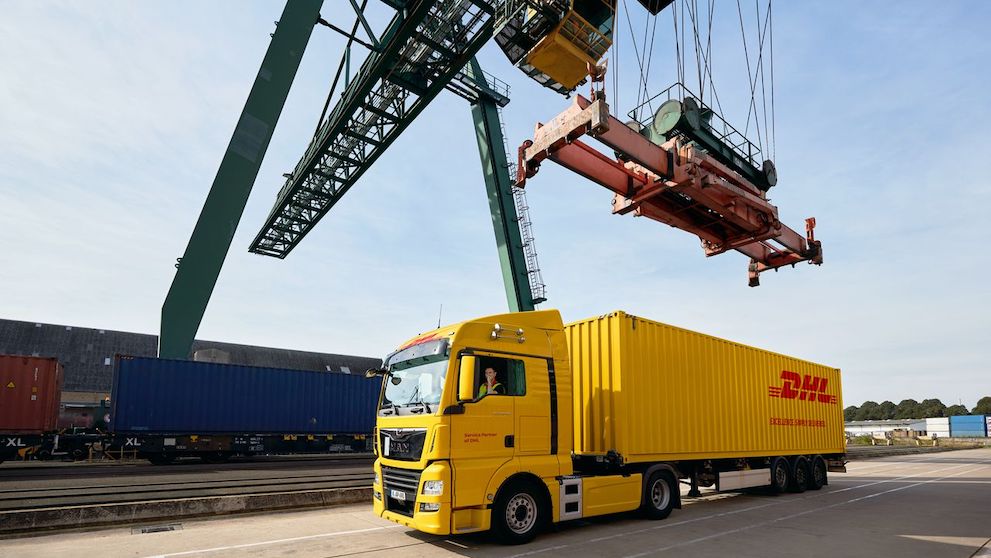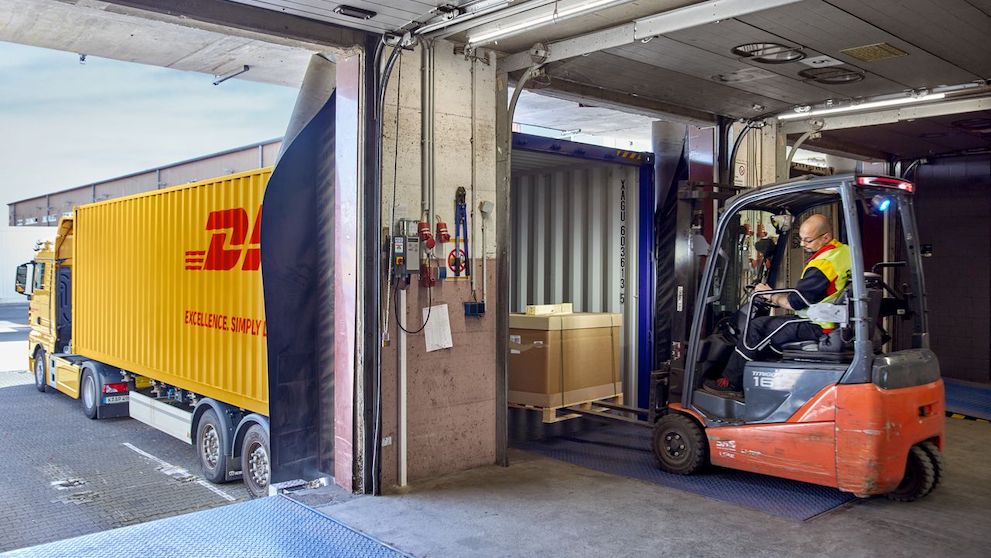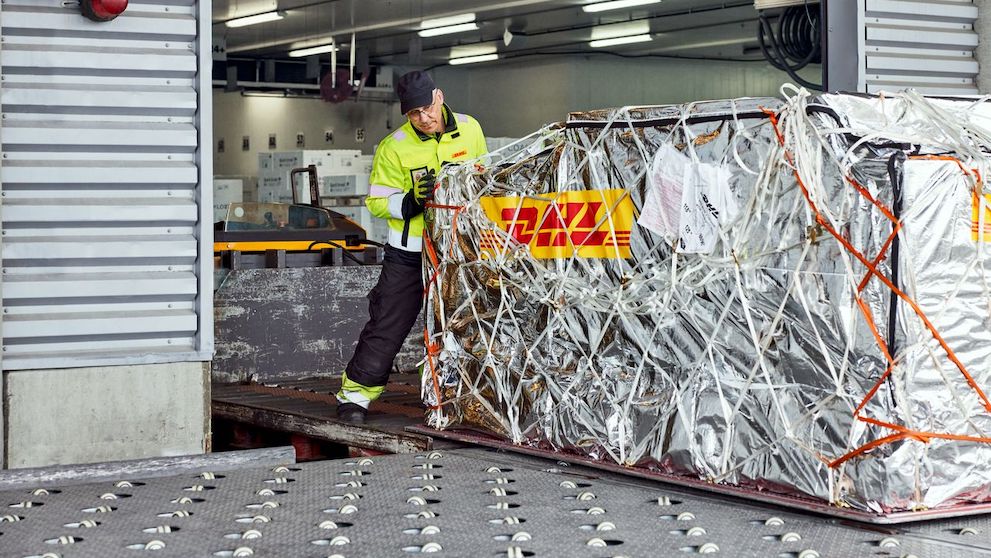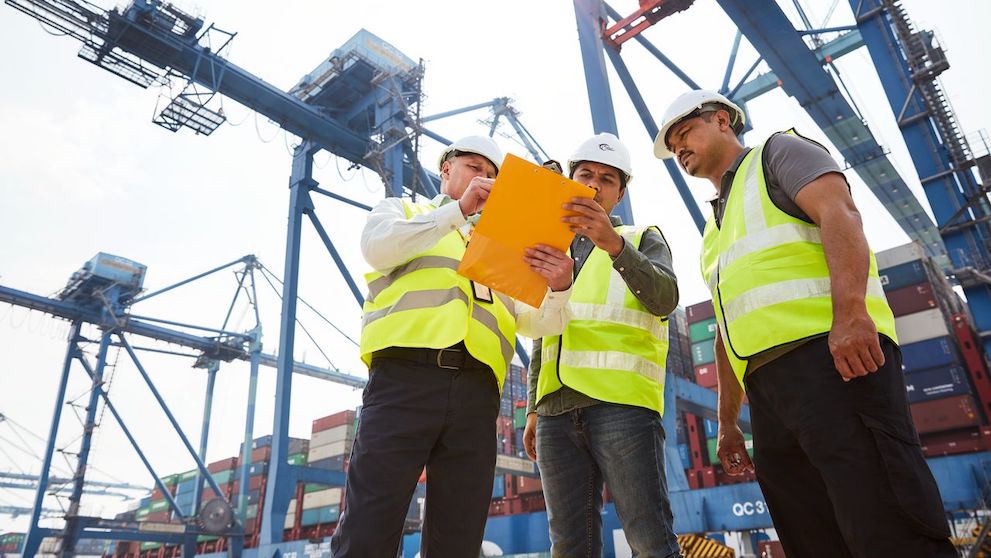New Zealand's economy relies heavily on agricultural exports, with food products being the cornerstone of the country's export industry. From meats and dairy to honey and seafood exports, New Zealand has built a reputation as one of the largest exporters of high-quality food products that are in demand all over the world. In this article, we'll discuss the importance of logistics in the food export process and the challenges faced when exporting perishable goods overseas. We'll also highlight best practices for exporting food from New Zealand, and how DHL Express can support local food exporters in navigating the innate challenges and opportunities.
The role of logistics in the food export process
Logistics plays a critical role in exporting food products from New Zealand. The moment food products leave the farm, fishery, or other places of manufacture, they must be transported to the port or airport in a timely and efficient manner. Once at the port or airport, these food products must be properly packaged, labelled, and loaded onto the correct mode of transport, where it becomes crucial to maintain the quality and integrity of the exports throughout the rest of the journey, especially if they are perishable goods like seafood and meat.
Challenges of exporting perishable goods overseas
Exporting perishable food products comes with its own set of challenges. Temperature fluctuations can easily damage goods like milk powder, honey, and chicken, and significantly compromise the quality of these exports. Other challenges include navigating customs clearance, regulations, and compliance requirements, which can vary from country to country. Navigating these hurdles requires a deep understanding of export processes and expertise in logistics management.
Best practices for exporting food products from New Zealand
When exporting food products overseas, following best practices is crucial to ensure that the products arrive at their destination in the same condition they left, regardless of whether you’re a beef exporter, dairy exporter, or otherwise. Here are some best practices that all NZ exporters should follow:
Proper packaging and labelling
Proper packaging and labelling are essential for exporting food products. The packaging should be sturdy and able to withstand the rigours of transport. It should also be designed to maintain the quality of the food exports during transit. For effective customs clearance, your labelling should also be clear and accurate, providing details such as the product name, weight, date of manufacture, and expiration date. This is particularly important for New Zealand food exports such as meat, dairy, honey, and seafood.
Accurate documentation
Exporting food products also requires accurate documentation to ensure compliance with regulations and customs requirements. New Zealand exporters should ensure that all required documentation is complete and accurate to facilitate smoother deliveries. This may include permits, licenses, certificates of origin, and other required regulatory documents. For instance, dairy exporters in NZ may need to provide a New Zealand export certificate and documented proof that they are registered exporters with the Ministry for Primary Industries.
Compliance with regulatory requirements
Regulatory requirements can vary from country to country. It is essential to understand the regulatory requirements of the destination country and ensure the food products you’re shipping out from New Zealand meet those requirements. For instance, to export beef or seafood to China, it is essential that your food exports comply with their Measures for the Safety Administration of Imported and Exported Food as well as their Administrative Provisions on Registration of Overseas Manufacturers of Imported Food.
Cold chain management
Temperature control is critical for perishable food products. Cold chain management involves maintaining a specific temperature range throughout the entire transport process to ensure exports arrive at their destination in the same condition they left. This requires temperature-controlled facilities, equipment, and vehicles, as well as proper packaging and labelling. Cold chain management is particularly important for New Zealand food exports such as meat and seafood.
Timely delivery and a reliable logistics provider
Timely delivery is also crucial for perishable food products. Delays can compromise the quality of these exports and lead to spoilage. The exporter should choose a logistics provider that can provide timely delivery and shipment tracking throughout the entire transport process. The logistics provider chosen should also have experience in handling perishable goods and the necessary infrastructure to maintain the integrity of your food exports from New Zealand.







